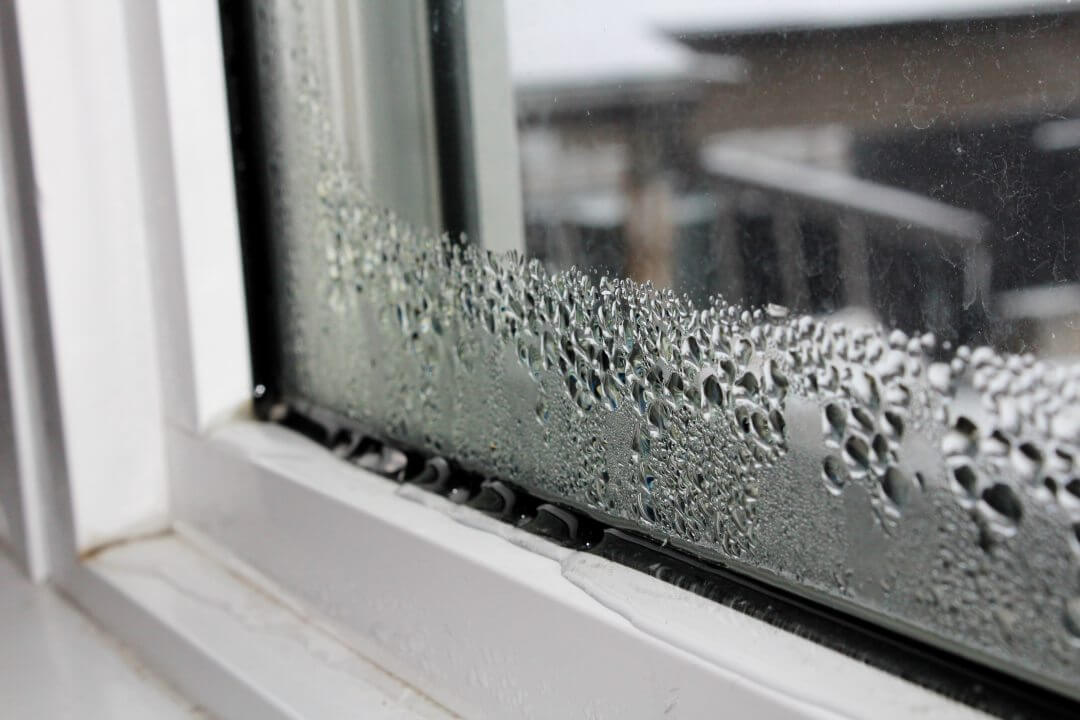Condensation on windows is a common problem in both warm and cold weather. You may have noticed foggy windows or water droplets on the glass, which can be annoying and even cause damage to your home. But what causes fog or condensation on windows, and how can you reduce it? In this blog post, we’ll dive into the science behind window condensation and provide tips on how to reduce it.
What Causes Condensation on Windows?
Condensation on windows occurs when warm, moist air comes into contact with a cold surface. The moisture in the air condenses into tiny water droplets, which can form on the glass. This is why you may see more condensation on your windows in the winter when the air inside your home is warm and the outside temperature is cold.
In addition to temperature differences, other factors can contribute to condensation on windows. For example, cooking, showering, and using humidifiers can increase the amount of moisture in the air, leading to more condensation. Poor ventilation and air circulation can also contribute to the problem.
How to Reduce Condensation on Windows in Cold Weather
If you wake up on a cold winter morning to find condensation on your windows, you’re not alone. Condensation occurs when warm, humid air comes in contact with a cooler surface, like a window in the middle of winter. Not only is it an unsightly nuisance, but it can also cause water damage and even mold growth. Thankfully, there are several ways to reduce condensation on windows in cold weather. One simple way is to increase ventilation in the room by opening a window or turning on a fan. Another solution is to purchase a dehumidifier, which can draw excess moisture from the air. So, if you want to keep your windows clear and your home healthy, try implementing one of these tips on how to reduce condensation on windows in cold weather.
How to Reduce Condensation on Windows in Warm Weather
Condensation can also be a problem in warm weather when the air inside your home is cool and the outside temperature is hot and humid. Here are some tips to reduce condensation in warm weather:
- Use air conditioning: Keeping your home cool will reduce the likelihood of condensation.
- Use exhaust fans: Use exhaust fans in bathrooms and kitchens to remove moisture from the air.
- Keep blinds or curtains closed: This will reduce the amount of heat that enters your home and prevent temperature differences.
- Use a dehumidifier: If necessary, use a dehumidifier to rid your environment of excessive moisture.
- Improve ventilation: Open windows and doors to allow air to circulate and prevent moisture buildup.
Schedule a Consultation with Rosati Windows Today!
Condensation on windows can be a frustrating problem, but it doesn’t have to be. By understanding the causes and taking steps to reduce moisture levels and improve ventilation, you can prevent condensation on your windows. If you’re still experiencing issues with condensation on your windows, contact Rosati Windows for expert advice and solutions. Call us now at (614) 777-4806.









